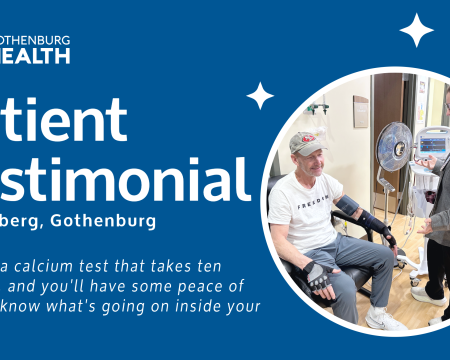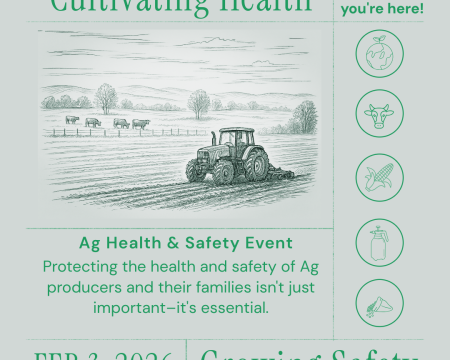
The Winter Blues and You
From Senior Life Solutions
During the winter months, many people start to feel down. They miss the sun, the outdoors, and their friends! In some cases, depression during these months sets in. This type of depression is called Season Affective Disorder (SAD). Another name for it is the Winter Blues.
What are the Winter Blues?
The National Institute of Mental Health has stated that the main difference between Winter Blues and general depression is that the Winter Blues affect people only at certain times of the year.
Symptoms of Winter Blues
Recognize and understand the signs and symptoms of Winter Blues. A few typical warning signs from the Mayo Clinic include:
- Feeling depressed most of the day, nearly every day
- Losing interest in activities you once enjoyed
- Having low energy
- Having problems with sleeping
- Loss of appetite or eating more than usual
- Feeling sluggish or agitated
- Having difficulty concentrating
- Feeling hopeless, worthless, or guilty
- Having frequent thoughts of death or suicide
Who is at risk for Winter Blues?
Anyone can be affected by the Winter Blues, but the Centers of Disease Control and Prevention (CDC) has identified certain populations at higher risk:
- Those who have a family history of mental illness
- Those who have major depression or bipolar disorder.
- Women
- Immigrants
- Lesbian, Gay, Bisexual, Transgender, and Queer Populations (LGBTQ+)
- At least 25% of the population
Can Winter Blues be prevented?
If you think you might be at risk for Winter Blues, you can take steps to prevent them using these tips from the Mayo Clinic:
- Spend Time Outside: It seems the song “You are My Sunshine” was right! The Mayo Clinic recommends spending time outside daily to increase your exposure to light and absorb more Vitamin D. Like the song says, the sun will “make you happy when skies are gray.”
- Find Ways to Move: Movement is a good way to battle depression any time of year which is why the Mayo Clinic recommends you move daily. Your movement can be a walk, gentle stretching, or even chair yoga. A healthy body helps create a healthy mind.
- Brighten Your Nest: It may not always be realistic to be outside when old man winter comes calling. But you can make the inside bright and cheerful with bright light bulbs, open curtains, or even a light box that simulates the sunrise.
- Keep In Touch: Find reasons to talk to your friends and loved ones in person or on the phone. If you need to socially distance, use Facetime and Zoom to connect virtually.
When it comes to Winter Blues, always know that your provider is here to help. You can also contact a member of our team.
We are your Gothenburg Health’s Senior Life Solutions program, designed to meet the unique needs of individuals typically 65 and older, experiencing depression and/or anxiety related to life changes that are often associated with aging.
If you or someone you know could benefit from this program, don't hesitate to get in touch with us. Call us today 537-1030.






